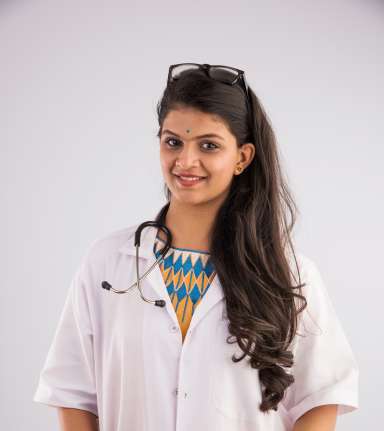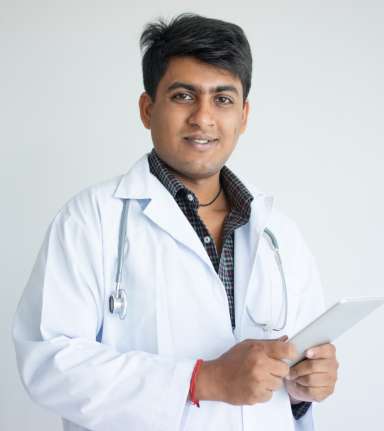Diabetes Mellitus, commonly known as a chronic metabolic disorder that affects millions of people worldwide. With its rising prevalence and the complex nature of the disease, there is a growing need for healthcare professionals who specialize in diabetes management and research. One way to gain expertise in this field is through a Fellowship in Diabetes Mellitus. In this blog, explore what a Fellowship in Diabetology entails, its significance, and the opportunities it can offer to healthcare professionals and researchers. Fellowship in Diabetology online is a specialized training program designed for healthcare professionals who wish to enhance their knowledge and skills in managing diabetes.

Unnecessarily high blood glucose levels are a hallmark of diabetes mellitus is a
metabolic disorder. Type 1, type 2, gestational diabetes, neonatal diabetes, and
secondary causes brought on by endocrinopathies are some of the different kinds
of diabetes mellitus. Type 1 diabetes mellitus and Type 2 diabetes mellitus are
the two primary subtypes of diabetes mellitus and both are typically brought on
by defects in insulin secretion Type 1 diabetes mellitus and/or action Type 2
diabetes mellitus. Type 2 is expected to affect middle-aged and older
individuals who have chronic hyperglycemia as a result of poor lifestyle and
nutritional choices, whereas Type 1 is thought to manifest in children or
teenagers. Since the pathophysiology of Type 1 and Type 2 is very diverse from
one another, each type has a separate etiology, presentation, and course of
treatment.
Global Insight
- Worldwide, more than 500 million people have diabetes.
- In India, 31 million people developed diabetes between 2019 and 2021.
- In India, diabetes affects 11.4% of the population.
The incidence of obesity and unhealthy lifestyles has increased globally, contributing to the high and rising disease burden associated with diabetes in every nation. According to the most recent projections, there were 382 million cases of diabetes worldwide in 2013; by 2035, that number is predicted to reach 592 million. Currently, the etiological classification of diabetes is largely acknowledged.
Significance of a Fellowship in Diabetes Mellitus
Expertise in Diabetes Management: The main objective of a Diabetes Fellowship course is to equip healthcare professionals with the knowledge and tools needed to provide high-quality care to individuals with diabetes. Fellows learn about the latest advancements in diabetes treatment, including medications, insulin therapy, and lifestyle interventions.
Interdisciplinary Training: Diabetes management often requires a team approach, involving physicians and other healthcare professionals. A diabetes fellowship encourages interdisciplinary collaboration and provides a holistic perspective on diabetes care.
Networking Opportunities: Participants in Fellowship in Diabetes Mellitus have the chance to network with experts in the field and collaborate with renowned Hospitals. This networking can open doors to future career opportunities and collaborations.
Clinical Training: Fellows gain hands-on experience in diabetes clinics, where they assess and manage patients with diabetes. They learn about insulin therapy, glucose monitoring, dietary counseling, and the use of diabetes-related technologies like insulin pumps and continuous glucose monitoring systems.
Fellowship in Diabetes Mellitus is a valuable opportunity for healthcare professionals to deepen their expertise in diabetes management and contribute to the ongoing efforts to combat this global epidemic. Through clinical observership, research, and education, fellowship participants can make a significant impact on the lives of individuals living with diabetes and work towards a future where diabetes is better understood and more effectively managed. Embarking on this rewarding journey of fellowship and becoming a leader in the field of diabetes mellitus. It's essential to a physician, fellowship programme and their specific requirements thoroughly. Additionally, the level of competitiveness for these programmes can vary, so having a strong application and relevant experience is crucial.








